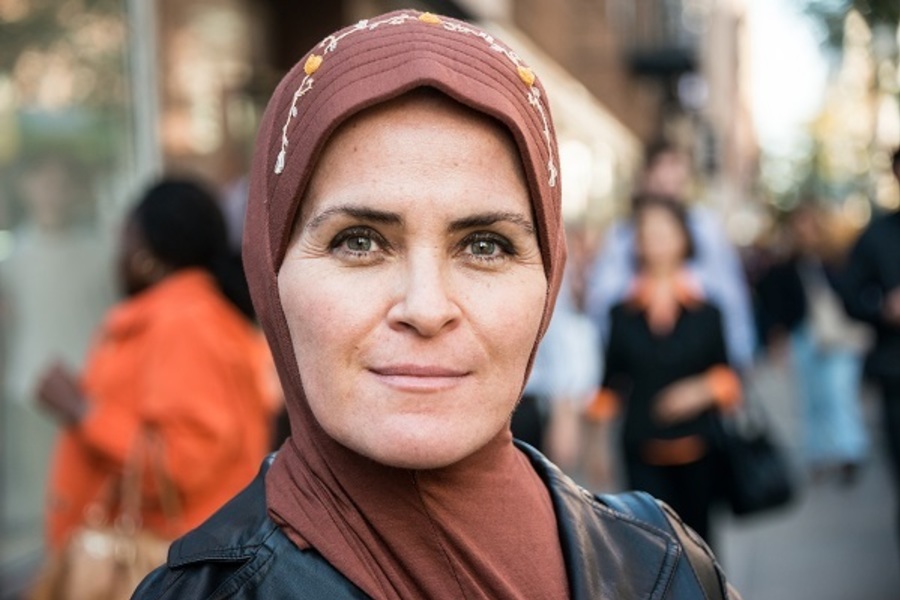RefugeeMobile

Locations
- Refugee Services of Texas - Austin, Texas
Focus Area
- Emerging Focus Area
“Our goal is for RefugeeMobile to become a standard practice in refugee resettlement, and without the proper measurement, analysis, and research that would not be possible.”
The Issue
Congress founded the U.S. Refugee Resettlement Program in 1980. Since then, more than 3 million refugees have resettled in the United States. When it comes to finding work, stabilizing their families, and acclimating to American culture, refugees face significant challenges.
But that’s not the whole story. Refugees are often highly educated and experienced. They possess unique and transferable skills that impact and enrich our communities. A 2017 study by LEO co-founder Bill Evans and Daniel Fitzgerald found that refugees who enter the U.S. as children graduate from high school and college at similar or higher rates than their native-born peers. Refugees who enter the U.S. between ages 11 and 19 are as likely as their U.S.-born peers to be in the workforce. And, after just 7 years in the U.S., refugee employment rates are higher than those for U.S.-born adults. When refugees receive support to learn English, succeed in school, find good jobs, and get involved in their communities, we all reap the benefits of their great potential.
Presently, thousands of refugees are working to settle into their new lives in America. Still, the strategies we use to help them find employment, financial stability, and strong communities have changed very little since 1980. Technology offers a big opportunity to improve refugee support. With the dawn of smart technology, the devices we use on a daily basis can make a difference and give refugees a new, successful start.
The Intervention
The RefugeeMobile program gives newly arrived refugees smartphones to help them navigate their new lives in the States. Participating refugees receive a free Google Nexus smartphone when they begin receiving services from Refugee Services of Texas (RST). The smartphone includes six months of basic call, text, and data services, as well as preloaded apps like Duolingo, Google Maps, and Zip Recruiter. The phone and its services are intended to help with transportation, navigation, translation, banking, and job searching.
In addition to the smartphone, refugees get personalized training sessions on how to use the phone and its features. Participating refugees also receive the basic case management services offered to all refugees who are resettled through RST.
Research Question
What impact does smartphone technology have on the social and economic integration of refugees who are recently resettled in the United States?
Intended Outcomes
- Refugees who receive a smartphone through the RefugeeMobile program will see improved employment, earnings, and social integration.
- They will have more stable housing, enhanced cultural awareness and social integration, and reduced dependency on public benefit programs.
- The smartphones will improve and increase the frequency of interactions between refugees and their case managers, which may help lead to better outcomes.
Research Study Design
The RefugeeMobile study was conducted as a randomized controlled trial. While RST provides basic case management services to all of the refugees it resettles, the agency is unable to provide smartphones for all clients.
The limited number of smartphones allowed LEO researchers to create two groups for this study. All refugees who agree to participate in the RefugeeMobile program took a brief baseline survey and entered a lottery to receive a smartphone. Over the study’s enrollment period, 82 families received a smartphone and case management services, while 74 families received case management alone.
After one year in the program, refugees completed a follow-up survey that assessed their level of social integration, technology access and use, housing, finances, parenting, and cultural awareness. LEO researchers then compared the outcomes of refugees who received a smartphone to the outcomes of those who did not.